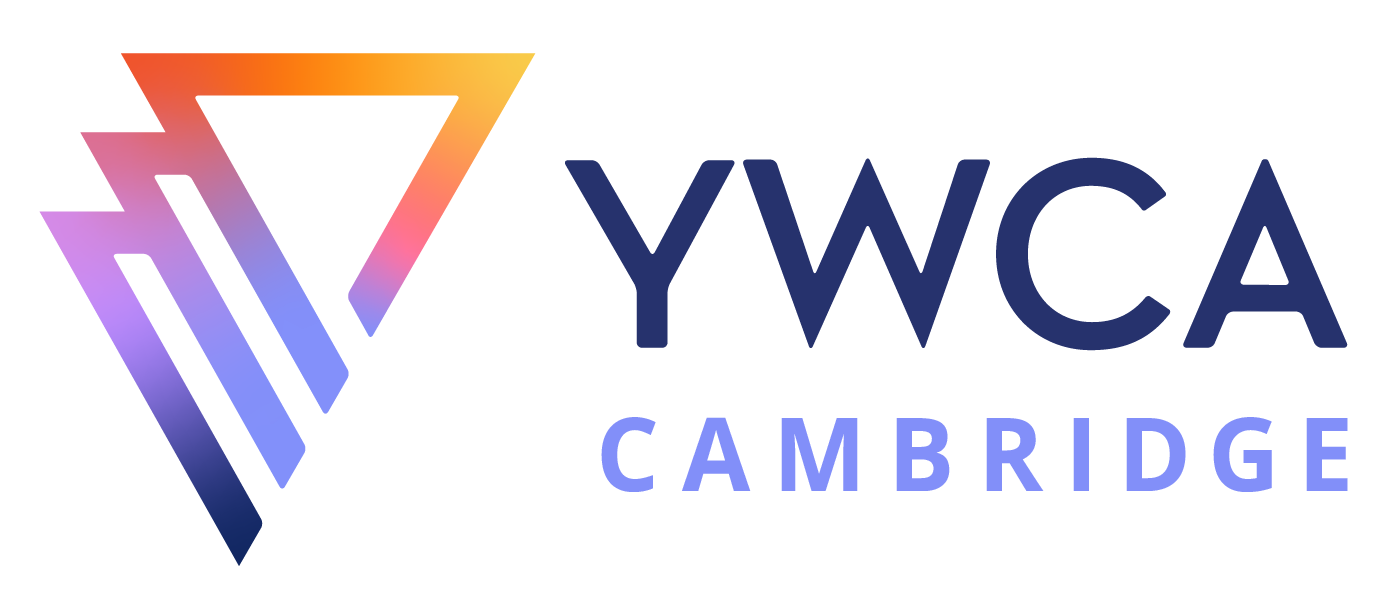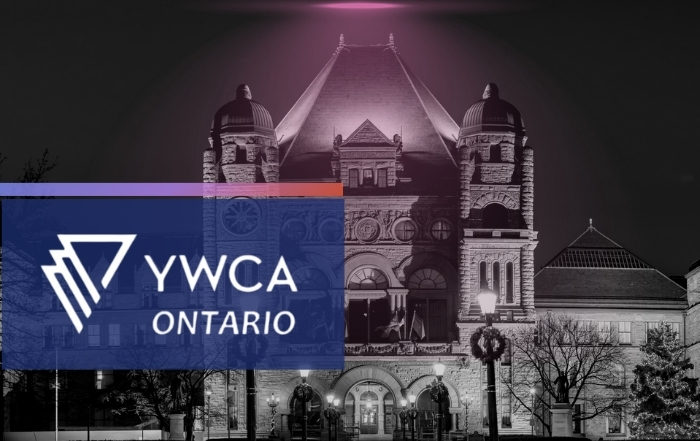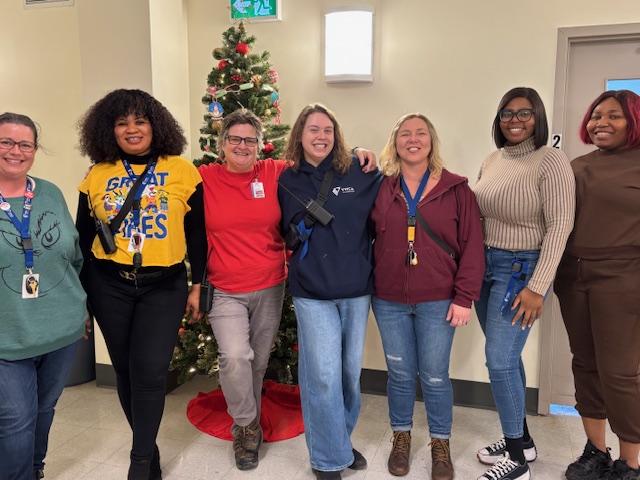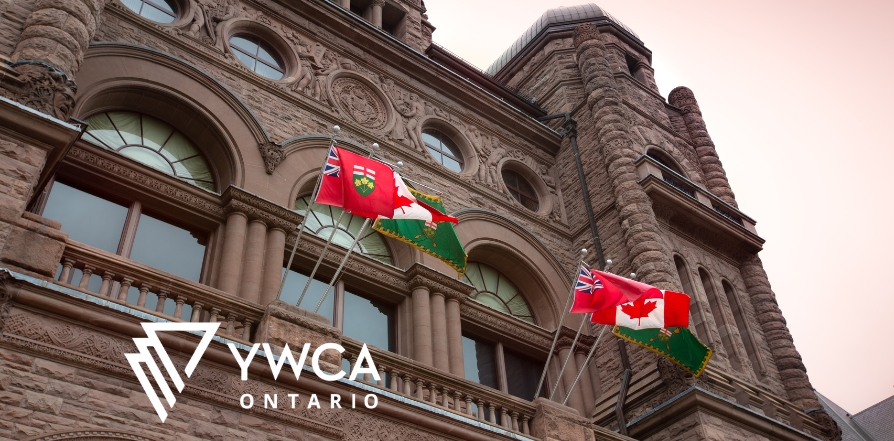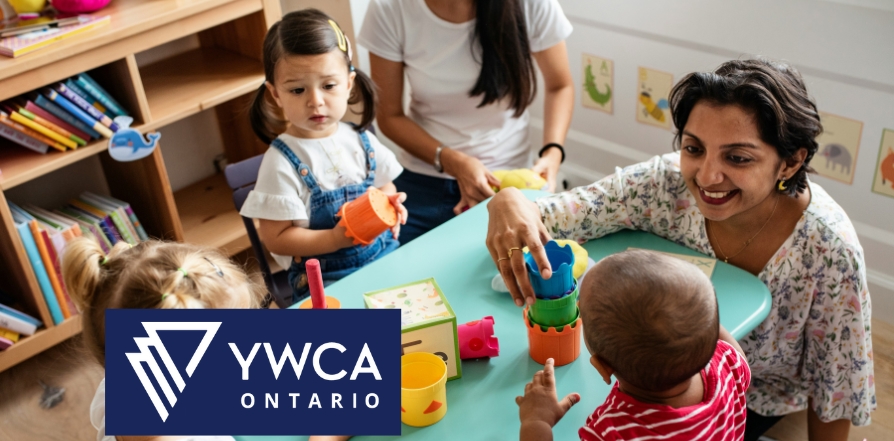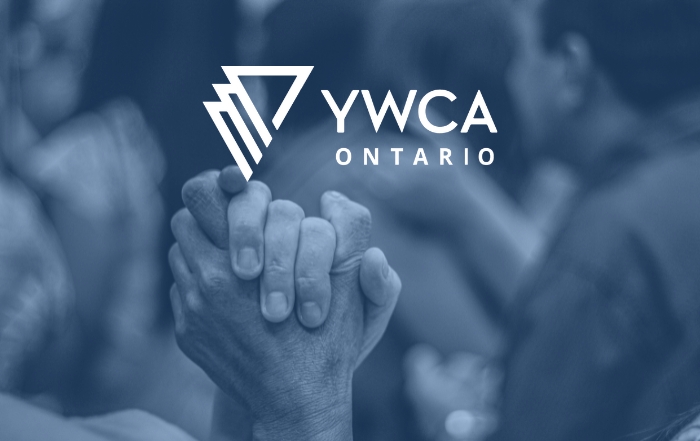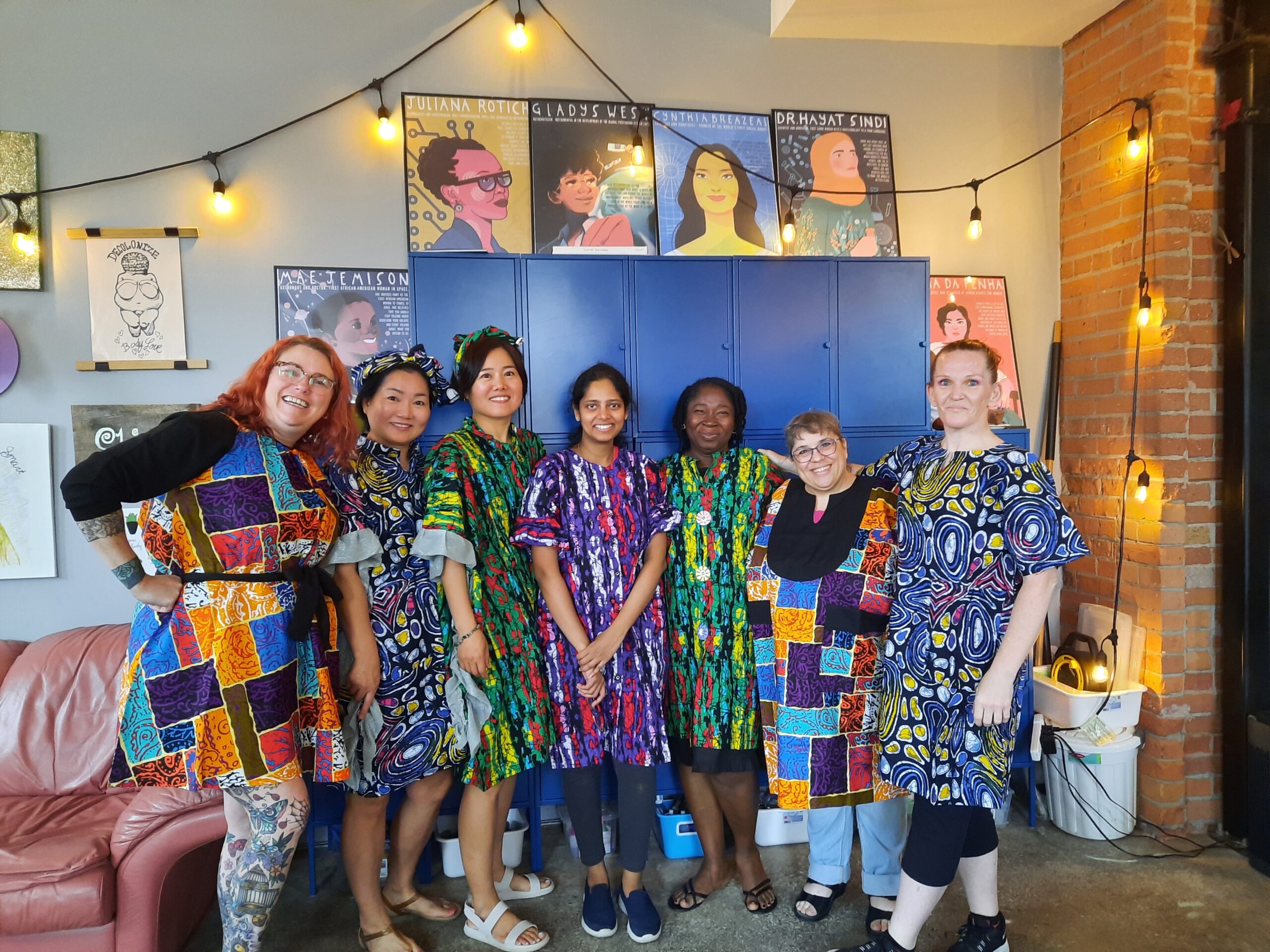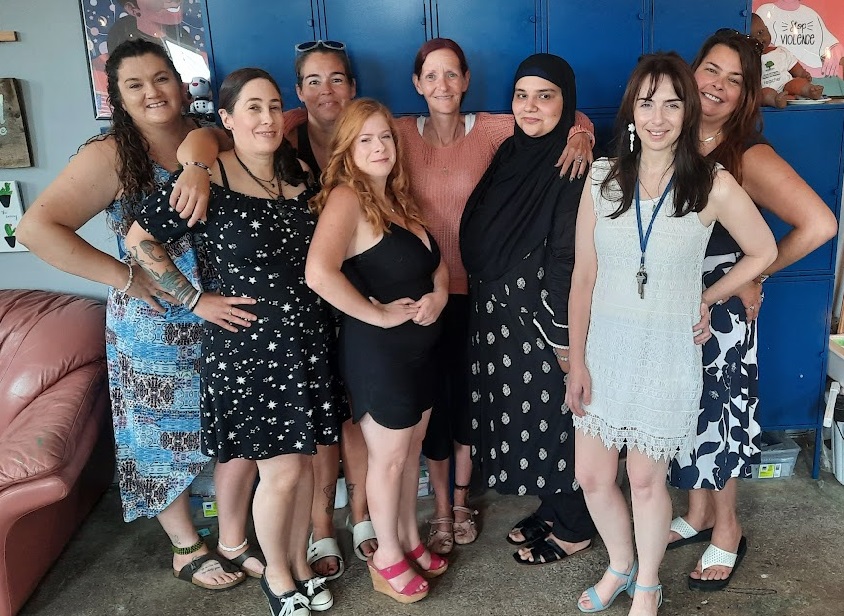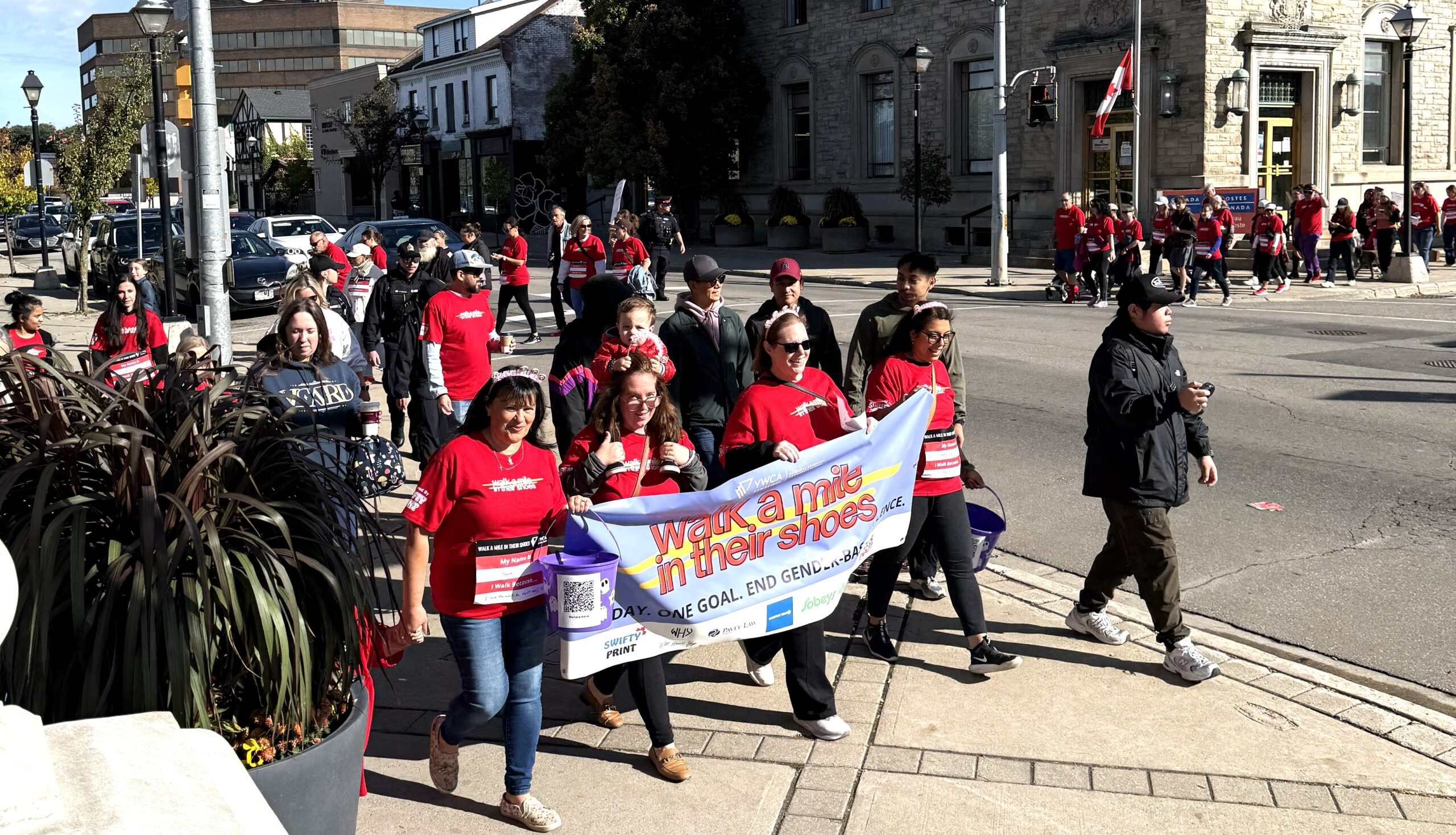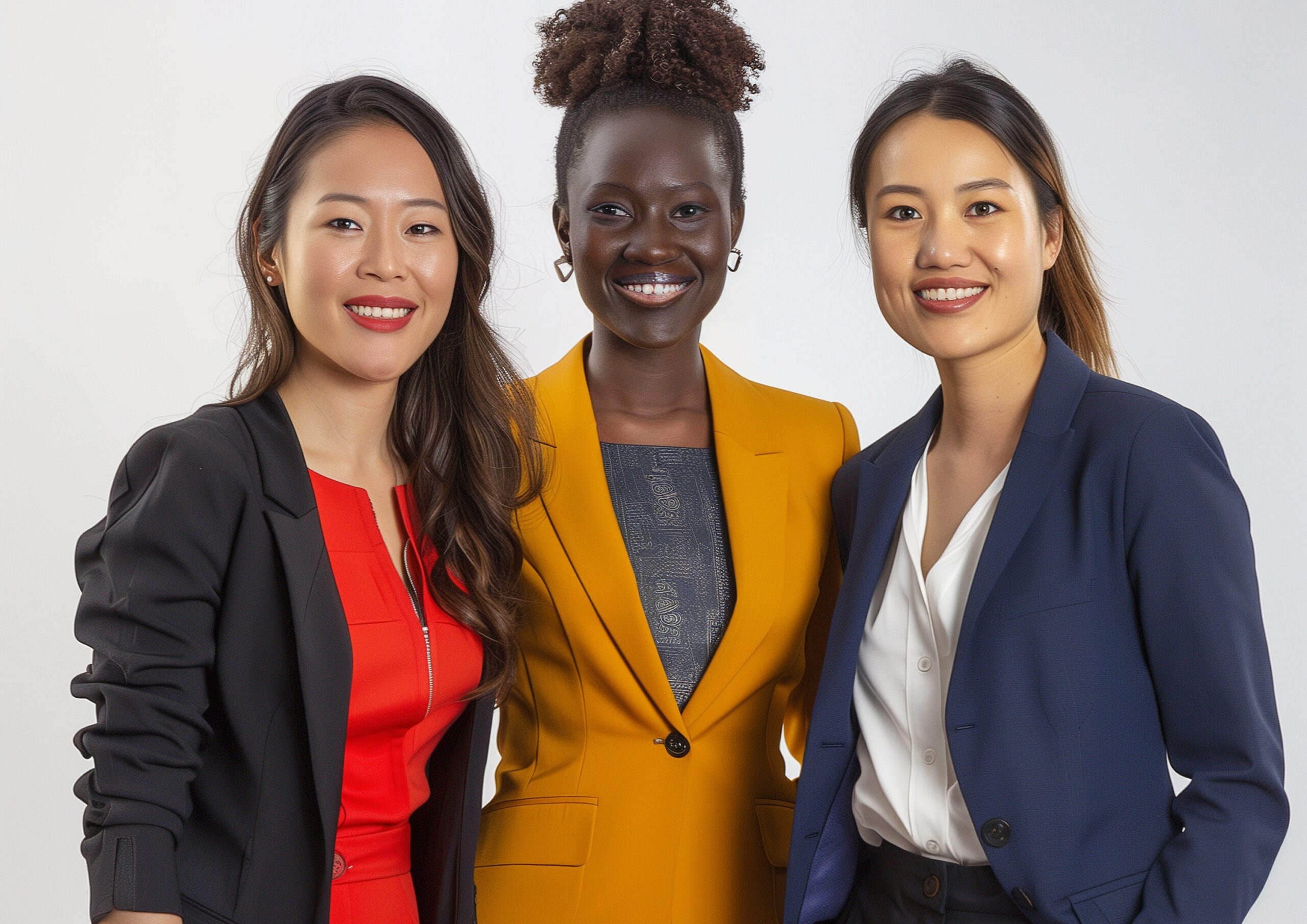Kim Whalen starts her work day around 6:00 a.m. when she arrives at YWCA Cambridge’s St. Elizabeth child care centre.
Her day starts with donning all of the required personal protective equipment (PPE) – the gown, the mask, the visor, the gloves.
Just as before the pandemic, her mornings involve going classroom to classroom, pulling down the chairs that were stacked on the desks the night before. Only now, she’ll sanitize each one, along with all other surfaces and toys in the rooms. She’ll wash and fold yesterday’s laundry – as she did before. Only now, the loads are larger and more frequent. Then, she’ll prepare the morning snack for the incoming children who, upon arrival, must each be screened for COVID-19 symptoms by one of the early childhood educators.
In the last 16 months, a typical day for Kim and her team is punctuated most prominently the cleaning and screening, yes, but also endless paperwork. In a pandemic, there’s a form for everything – for cleaning every room, hallway, office and bathroom, and for recording any absenteeism of children who were kept home because of any symptom that could be related to COVID-19. There’s a form for monitoring these children through calls home to check on whether there has been a positive COVID test, or whether the child is feeling better.
Somehow, amid all of the cleaning, screening and paperwork, Kim and her staff, like the staff at all other YWCA child care centres, are caring for the actual children, delivering lessons through play and exploration, doing whatever they can to ensure being at daycare remains a positive experience for children.
There’s almost a rhythm to it – Clean, screen, record, teach; clean, screen, record, teach.
Educators are ensuring the children get to just be kids, that they are learning and growing socially, emotionally and mentally during these critical developmental years of their lives, and that they feel some semblance of normalcy amid all the “no, you can’t touch that,” “no, you can’t take your mask off” that can be so confusing for little ones who don’t understand why there are so many new rules.
Time for lesson and activity planning is a thing of the past. There’s no time when there are so many forms and procedures that staff must comply with in order to maintain as safe a place as possible for the children in their care.
“It feels like twice, if not three times the amount of work, for the same pay,” said one staff member, Katrina.
That’s a tough pill to swallow when you’ve been called an essential worker since the beginning of the pandemic, with emergency child care centres being among the province’s first relief measures. And yet, there is no pandemic pay for child care workers.
Nevertheless, YWCA Cambridge child care workers, just like early childhood educators across the province, have continued rolling with the punches because that’s what they do.
It’s not easy work even outside of a pandemic and inside of one, even less so. But early childhood education attracts a special kind of human, says supervisor of YWCA Cambridge’s St. Margaret child care centre, Brenda Davis.
This work isn’t just any job; “it’s a calling,” she said.
The sheer resilience displayed by early childhood educators throughout the pandemic is testament to Brenda’s claim. Their dedication to the children in their care and their families is inspiring.
Today is Child Care Worker and Early Childhood Educator Appreciation Day. Today, we celebrate and honour the work that YWCA Cambridge child care staff do.
We also, once again, call on the provincial government to give child care workers and parents across the province what they need and what we all deserve: sign the child care agreement with the federal government.
It’s time to ensure this vital sector has a bright future in which families have access to a high quality, affordable and universal child care that values the incalculable work that the childhood educators and other staff do. Let’s bring universal, accessible and affordable child care to Ontario!
